A Beginner’s Guide to Pasta Making Classes in NYC
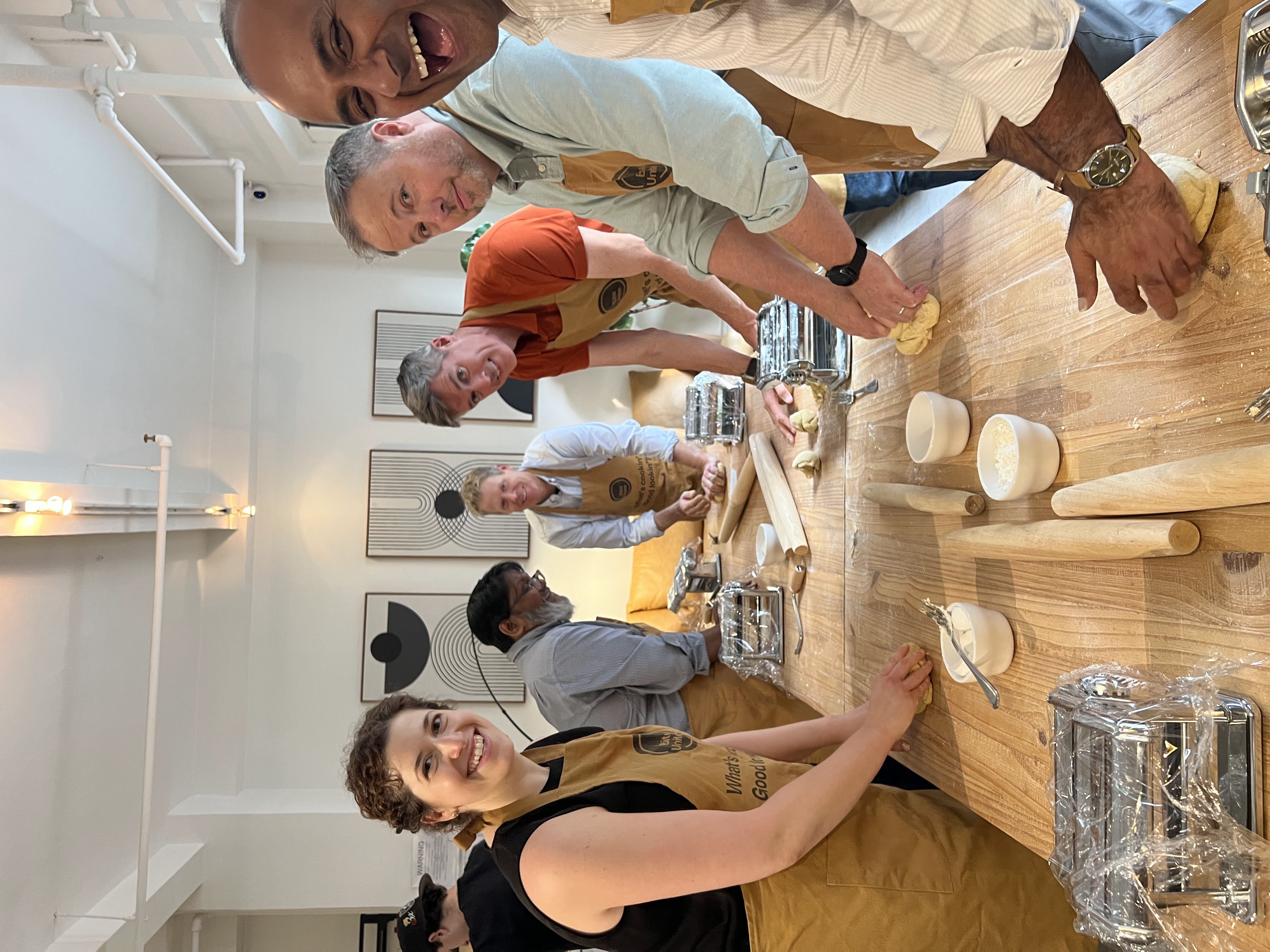
In a city where world-class dining is part of everyday life, it’s no surprise that New York City also offers equally impressive opportunities to get into the kitchen yourself. For those new to the world of homemade pasta, pasta-making classes offer an inviting, hands-on introduction to one of the most beloved staples of Italian cuisine. If you're curious about how flour and eggs transform into silky tagliatelle or tender ravioli, you're in the right place.
This guide is designed to help you navigate your options and build confidence for your first pasta-making adventure. Whether you're looking for an easy pasta class in NYC or exploring a new hobby with a friend, here’s everything you need to know about starting your journey into pasta making for beginners.
Why Take a Pasta Making Class as a Beginner?
Pasta might seem like a dish reserved for Italian grandmothers or professional chefs, but the truth is, it’s entirely approachable—even for first-timers. And in New York City, beginner pasta classes make learning both fun and accessible. These classes are structured to help you understand the foundational steps of making pasta dough, rolling it out, shaping it, and, of course, tasting the results.
Most importantly, beginner classes remove the pressure of figuring it out on your own. You’ll receive real-time guidance, use professional tools, and cook in a welcoming environment where it’s perfectly okay to make mistakes. Plus, you’ll leave with a delicious meal, new skills, and probably a new appreciation for what goes into making a great bowl of pasta.
What to Expect in a Beginner Pasta Class
If you've never taken a cooking class before, let alone handled pasta dough, you might be wondering what the experience is really like. Here's what most beginner pasta classes in NYC have in common:
1. Welcoming Environment
These are beginner-friendly spaces, so you won’t be expected to show up with culinary knowledge. Most instructors assume this is your first pasta class and will guide you through each step patiently.
2. Hands-On Learning
You won’t just be watching—you’ll be mixing, kneading, rolling, and shaping the pasta yourself. From flour to finished dish, you’ll be part of the entire process.
3. Ingredients & Equipment Provided
You don’t need to bring anything with you. All the ingredients, tools, and aprons are typically provided. Some classes also offer drinks or allow BYOB.
4. Pasta Styles
In a beginner pasta class, you’ll often start with a basic egg-based dough and shape it into something simple like tagliatelle, fettuccine, or hand-formed ravioli. These shapes are ideal for beginners and still incredibly satisfying to make.
5. Take-Home Knowledge
Most classes provide recipe cards or email you instructions after class so you can recreate the experience at home.
Recommended Class: BiteUnite’s Beginner Pasta Workshop
If you’re looking for one of the best places to take a beginner pasta class in NYC, BiteUnite is an excellent place to start.
Located in Chelsea, BiteUnite offers a highly rated, hands-on class that’s perfect for first-timers. Taught by professional chefs in a small-group setting, this class covers all the essential steps of pasta making—from mixing the dough to rolling it out and forming it into delicious noodles or filled pasta.
What sets BiteUnite apart is the balance between structured learning and a relaxed, social atmosphere. It’s approachable, informative, and fun—exactly what you want from your first pasta class.
Who Should Take a Beginner Pasta Class?
You don’t need to be an aspiring chef or a food blogger to take one of these classes. Pasta making for beginners is designed for:
- Complete novices who have never cooked from scratch.
- Food lovers who want to experience making pasta firsthand.
- Couples looking for a fun, interactive date night.
- Friends or family members celebrating a birthday or reunion.
- Solo learners wanting to try something new on their own.
And because NYC cooking classes are often flexible in scheduling and group size, you can book as a pair, group, or individual.
Choosing the Right Pasta Class for You
Not all pasta classes are created equal—some cater to seasoned home cooks, while others are designed specifically for beginners. When choosing the best fit for your first pasta class in NYC, here are a few things to look for:
1. Class Level
Be sure it’s labeled “beginner” or “open to all levels.” Classes geared toward intermediate cooks might move too quickly or assume prior experience.
2. Class Size
Smaller classes (10 or fewer participants) generally provide more one-on-one attention from the instructor. This is especially helpful when you're learning something hands-on for the first time.
3. Length
Aim for a class that runs between 1.5 to 2.5 hours. That’s usually enough time to go from dough to dish without feeling rushed.
4. Location
Pick a class close to where you live or work to keep the experience stress-free. Chelsea, Downtown Manhattan, and Brooklyn all offer solid options for easy pasta classes in NYC.
5. Reviews & Photos
Look for testimonials from other beginners. Are they saying they felt comfortable? Did they learn something new? Did the pasta turn out great?
Frequently Asked Questions About Pasta Classes
Do I need any cooking experience?
Not at all. The goal of a beginner pasta class is to teach you everything you need to know—even if you’ve never touched a rolling pin before.
What should I wear?
Comfortable clothing and closed-toe shoes are ideal. Some venues provide aprons; if not, feel free to bring your own.
Can I come alone?
Yes. Many people attend pasta-making classes solo. It’s a great way to meet people with similar interests.
Is it worth the cost?
Absolutely. Between the ingredients, expert guidance, meal, and take-home skills, beginner pasta classes offer excellent value—especially in a city where dinner alone can easily exceed $50.
Benefits of Learning Pasta Making in NYC
There’s something uniquely special about learning a hands-on craft like pasta making in a city like New York. The energy, the diversity, the quality of instruction—it all contributes to an unforgettable experience.
Here are a few added benefits:
- Access to World-Class Instructors: Many chefs teaching NYC cooking classes have worked in top-tier kitchens or trained in Italy.
- Quality Ingredients: You’ll often work with high-end flour, farm-fresh eggs, and imported cheeses.
- Cultural Connection: Pasta making is rich in history and technique, and NYC’s global culinary scene provides the perfect backdrop for learning.
- Community Building: You’ll meet fellow pasta lovers, swap stories, and maybe even make a few dinner party plans.
What You’ll Learn in a Beginner Pasta Class
Even in just one session, you can expect to walk away with a surprisingly deep foundation. Most easy pasta classes in NYC will teach you:
- How to make pasta dough from scratch
- Proper kneading techniques
- Rolling dough by hand or with a machine
- Cutting long noodles and forming simple filled pastas
- Basic sauce pairing tips
- Storage and cooking methods for fresh pasta
You’ll also learn what not to do, which is equally valuable—like adding too much flour, overworking the dough, or cutting pasta before it’s ready.
Final Thoughts
Whether you’re looking to sharpen your culinary skills or simply want to try something fun and different, taking a beginner pasta class in NYC is a rewarding way to explore your inner chef. The classes are engaging, hands-on, and designed to make the learning process accessible—even for absolute beginners.
If you’re ready to swap your store-bought spaghetti for something handcrafted and homemade, start with a class like the one offered by BiteUnite. With the right guidance, the right ingredients, and a little confidence, you’ll be surprised by how much you can accomplish in your first pasta-making session.
👉 Join your first pasta class in NYC here:
You don’t need to be Italian—or even a great cook—to fall in love with fresh pasta. You just need a little flour, a little instruction, and the courage to give it a try.


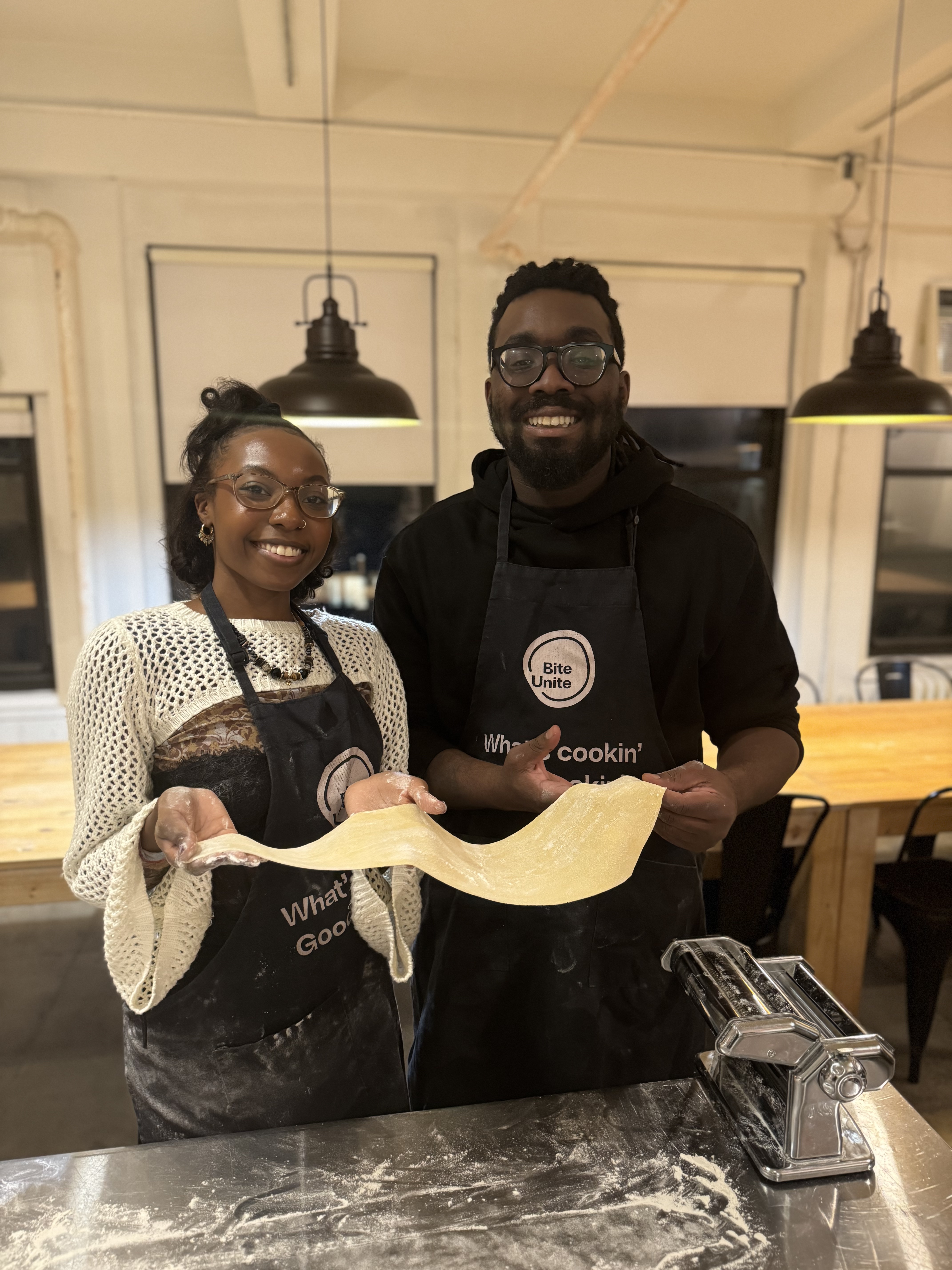
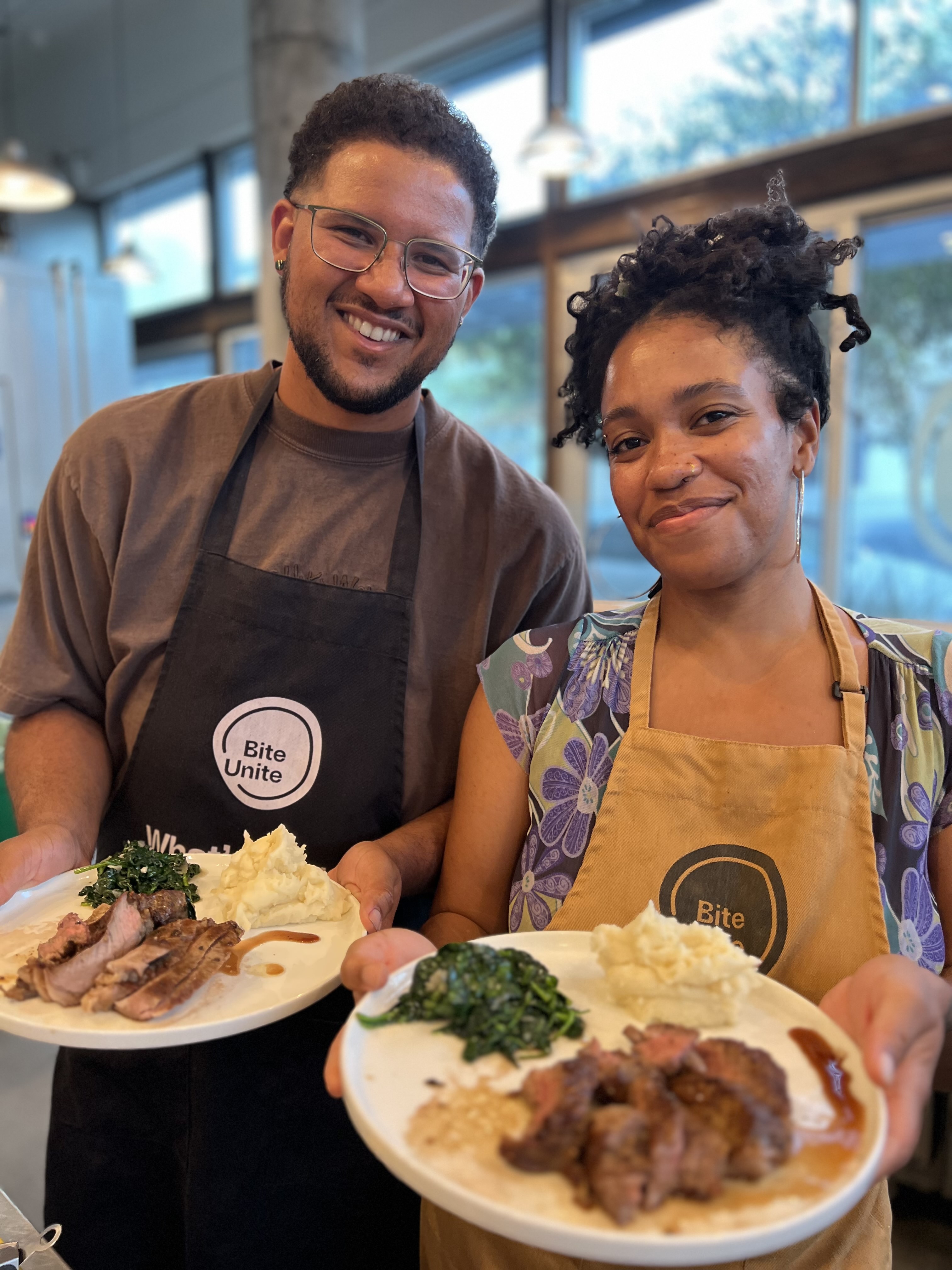





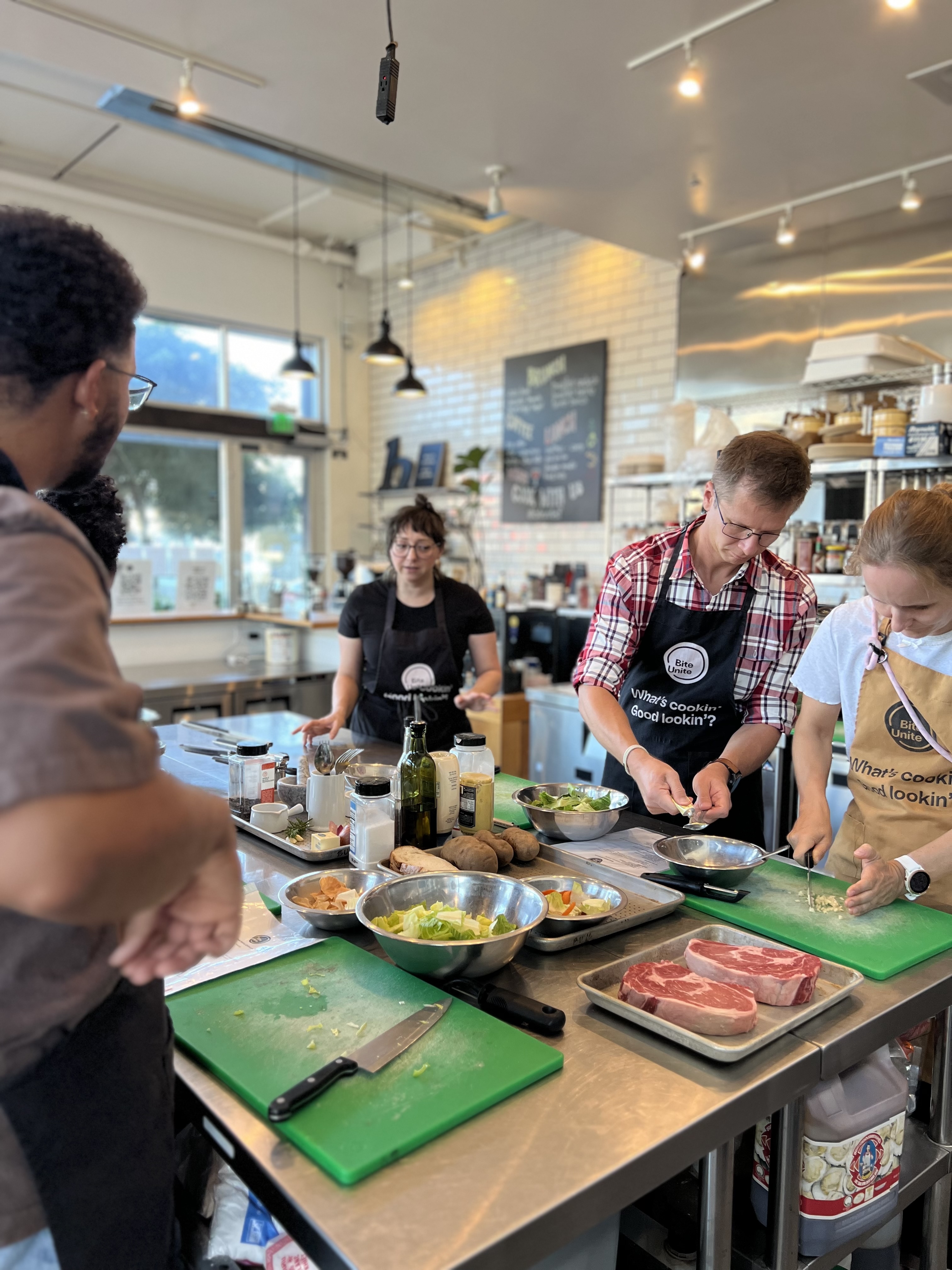
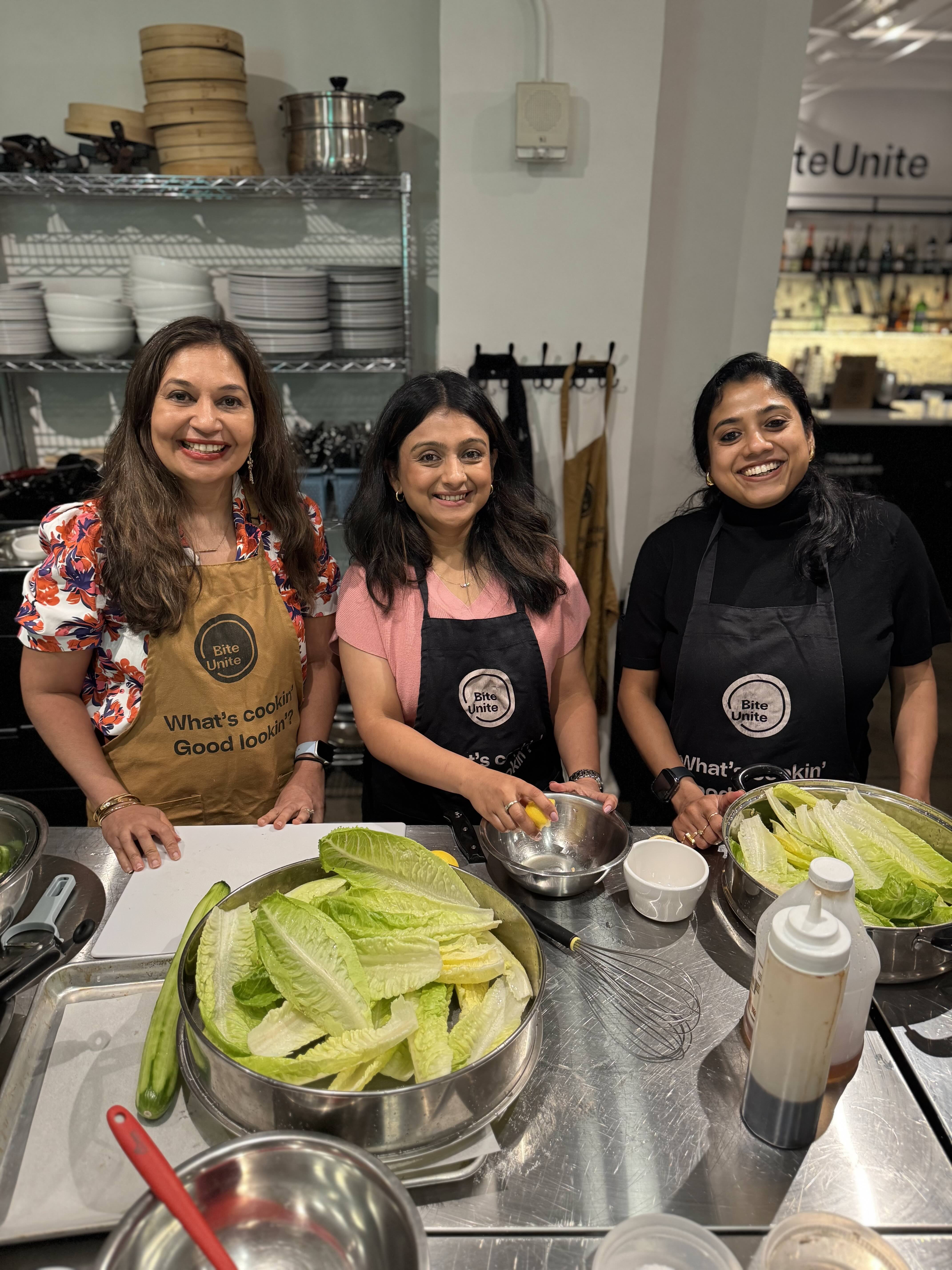



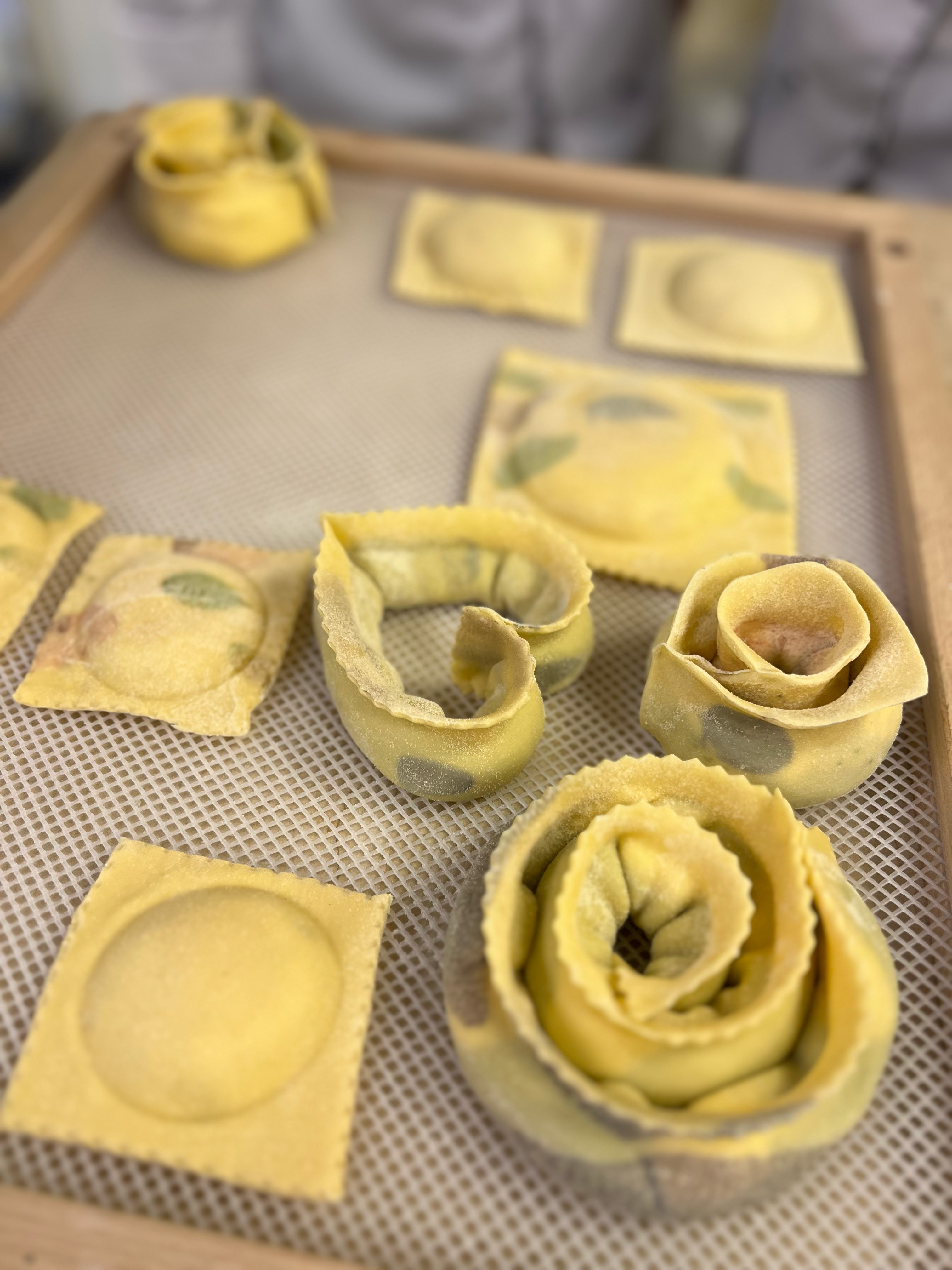
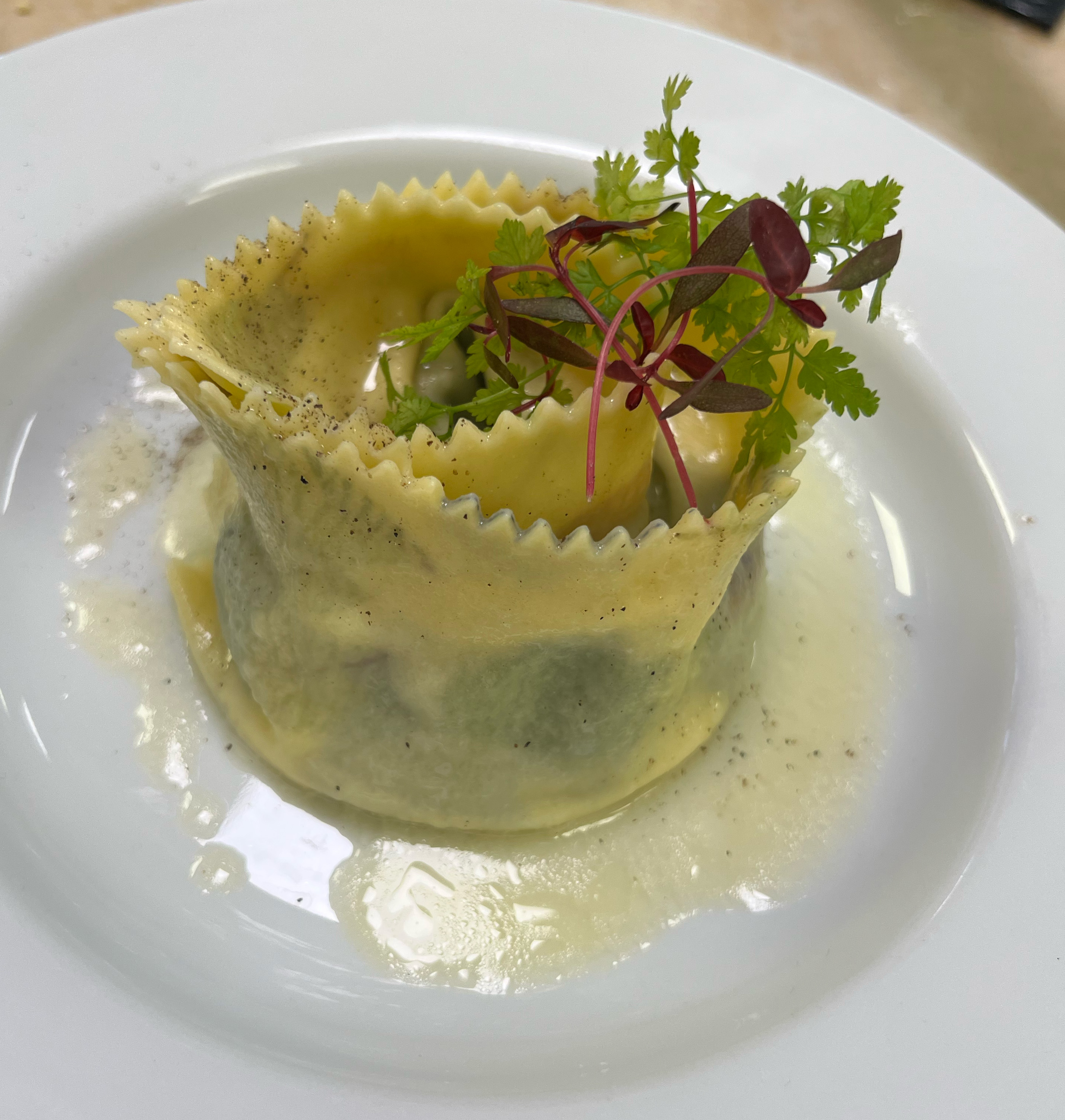

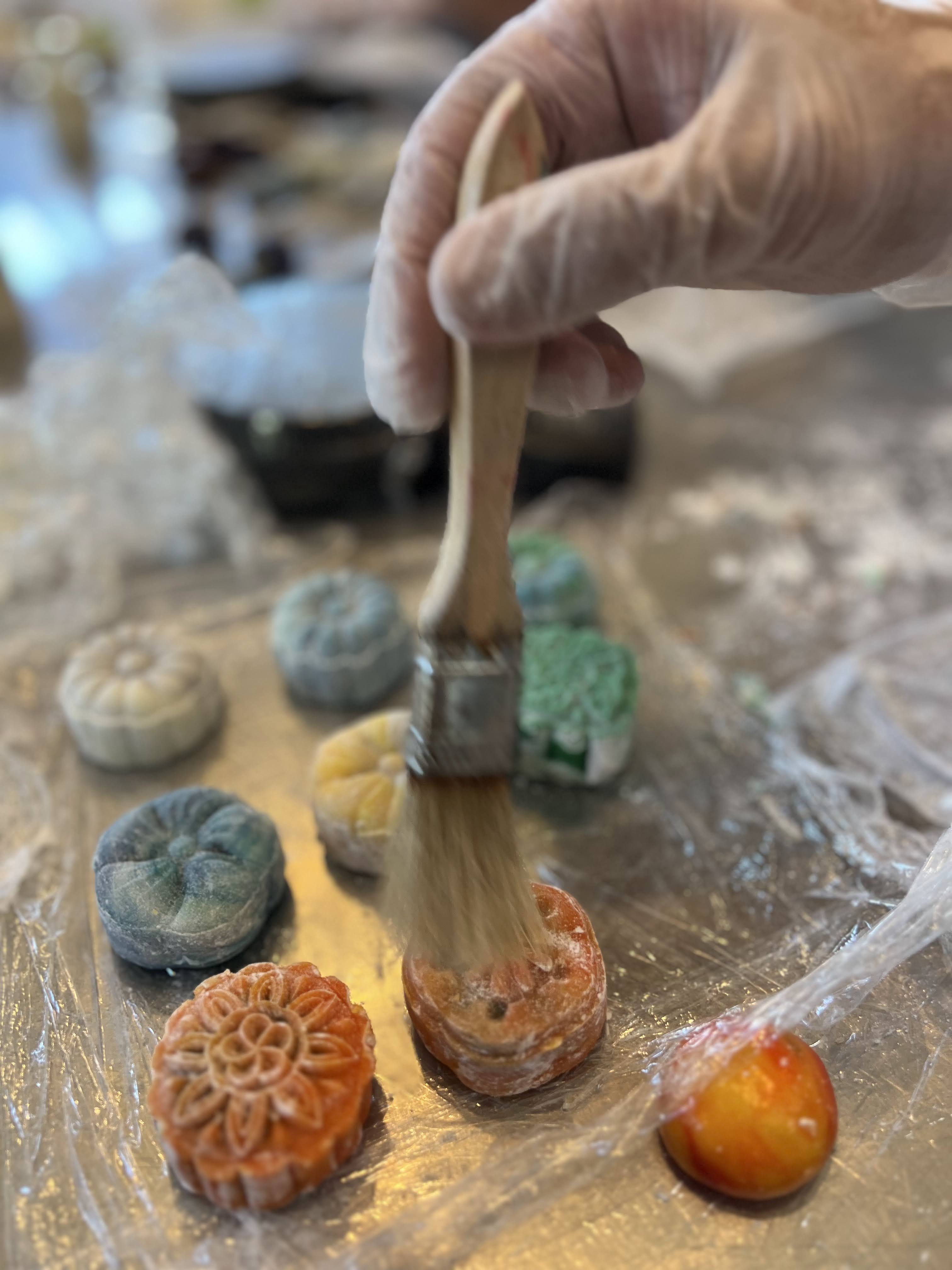

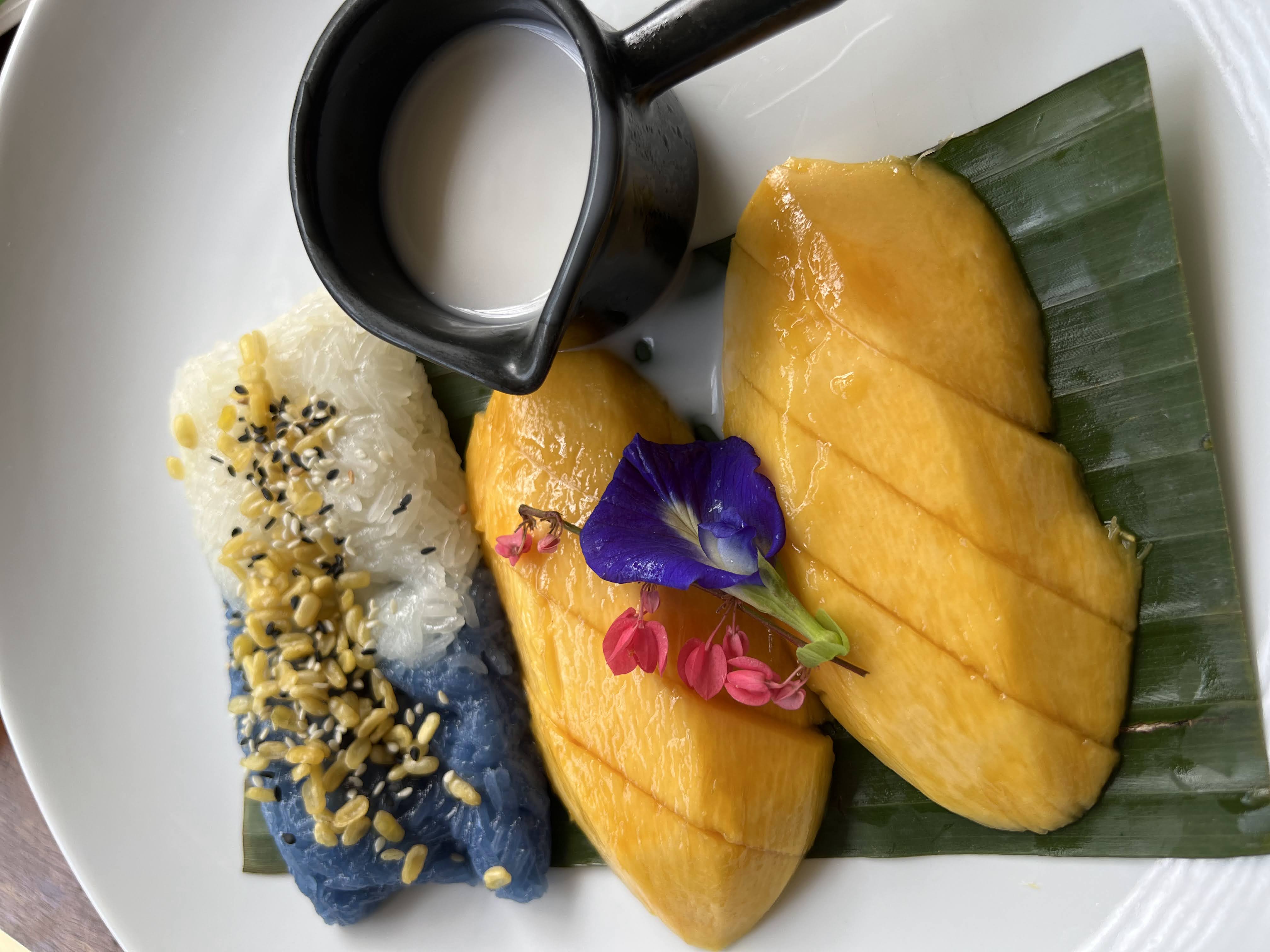
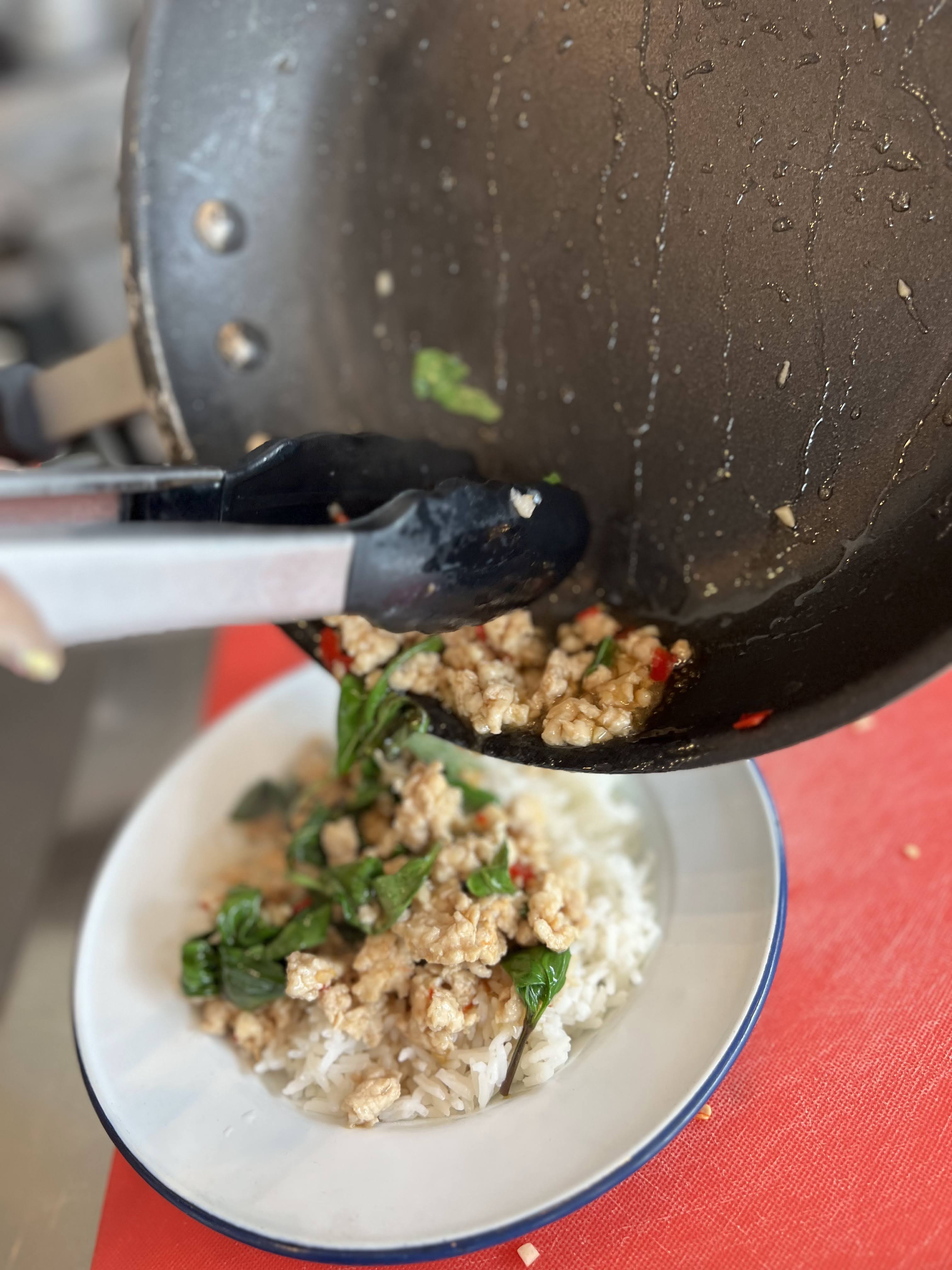
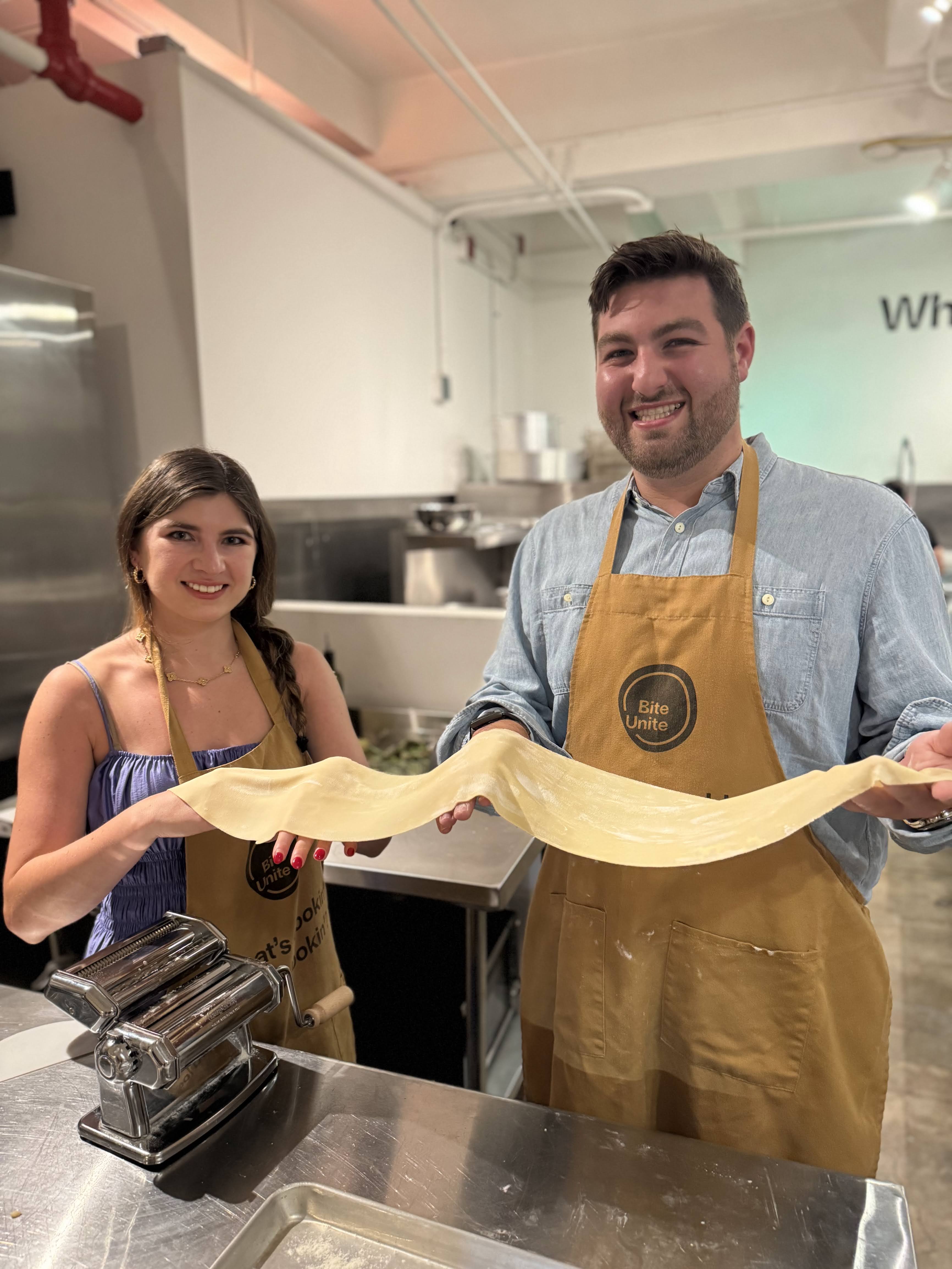
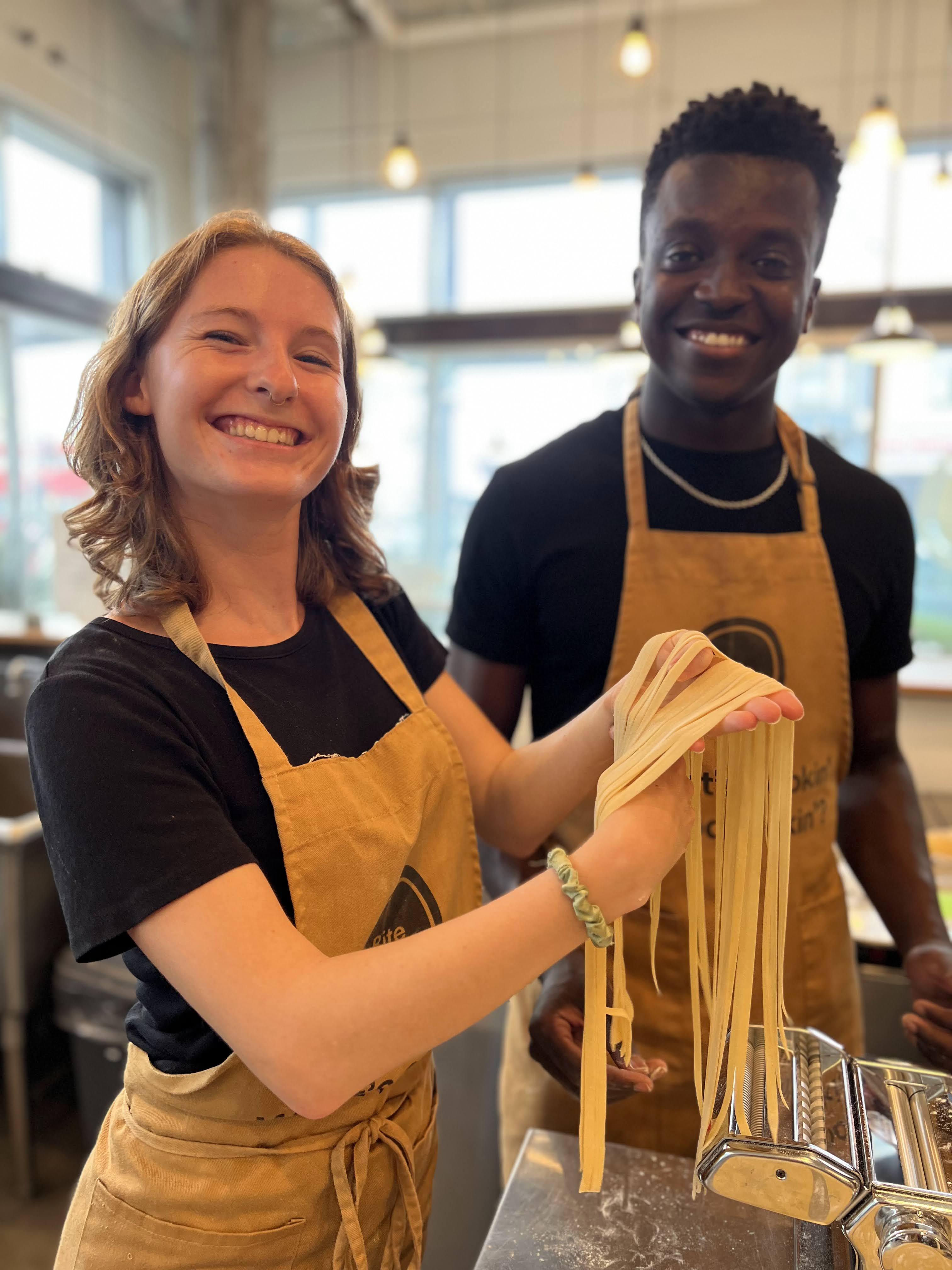
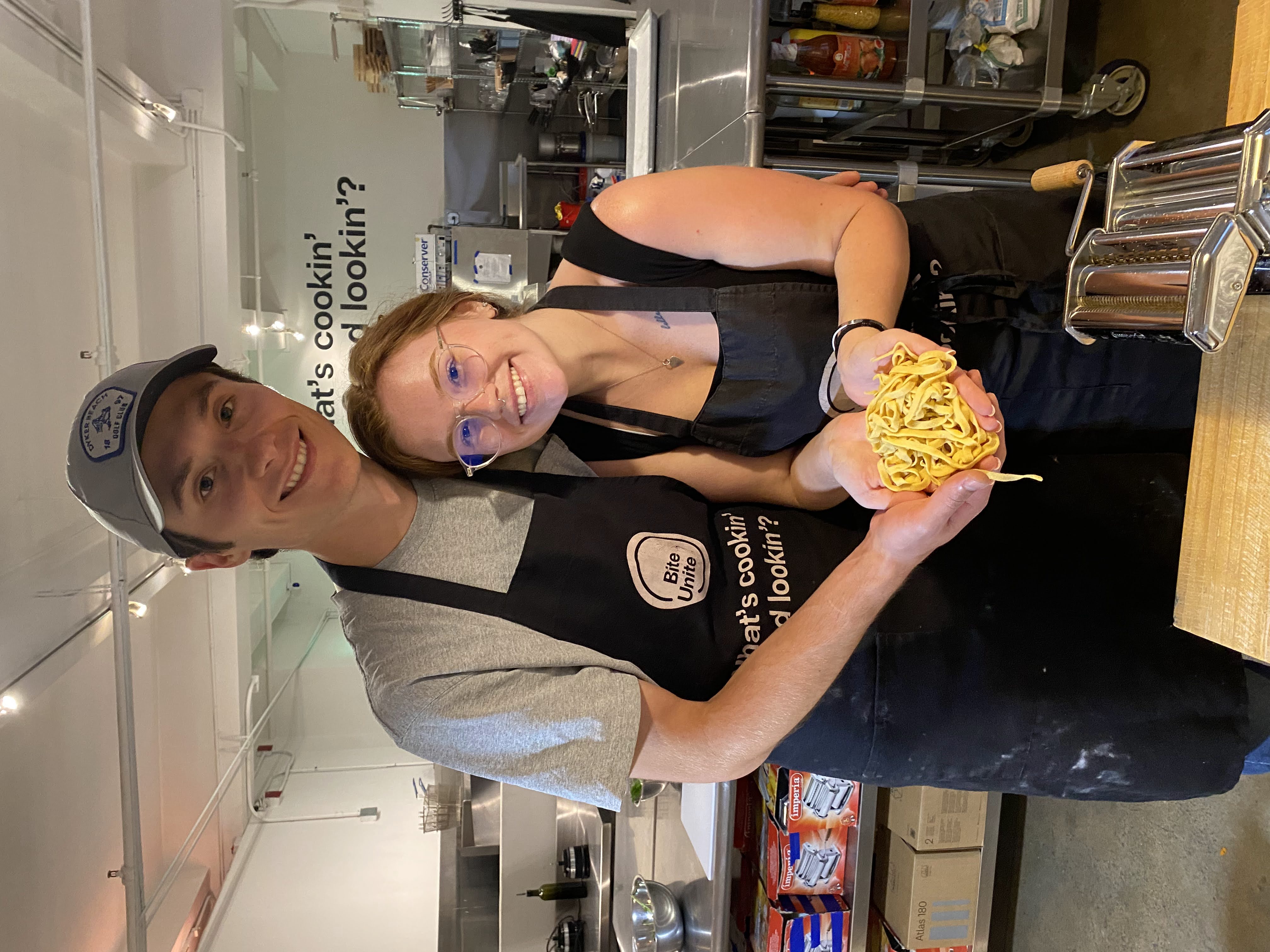
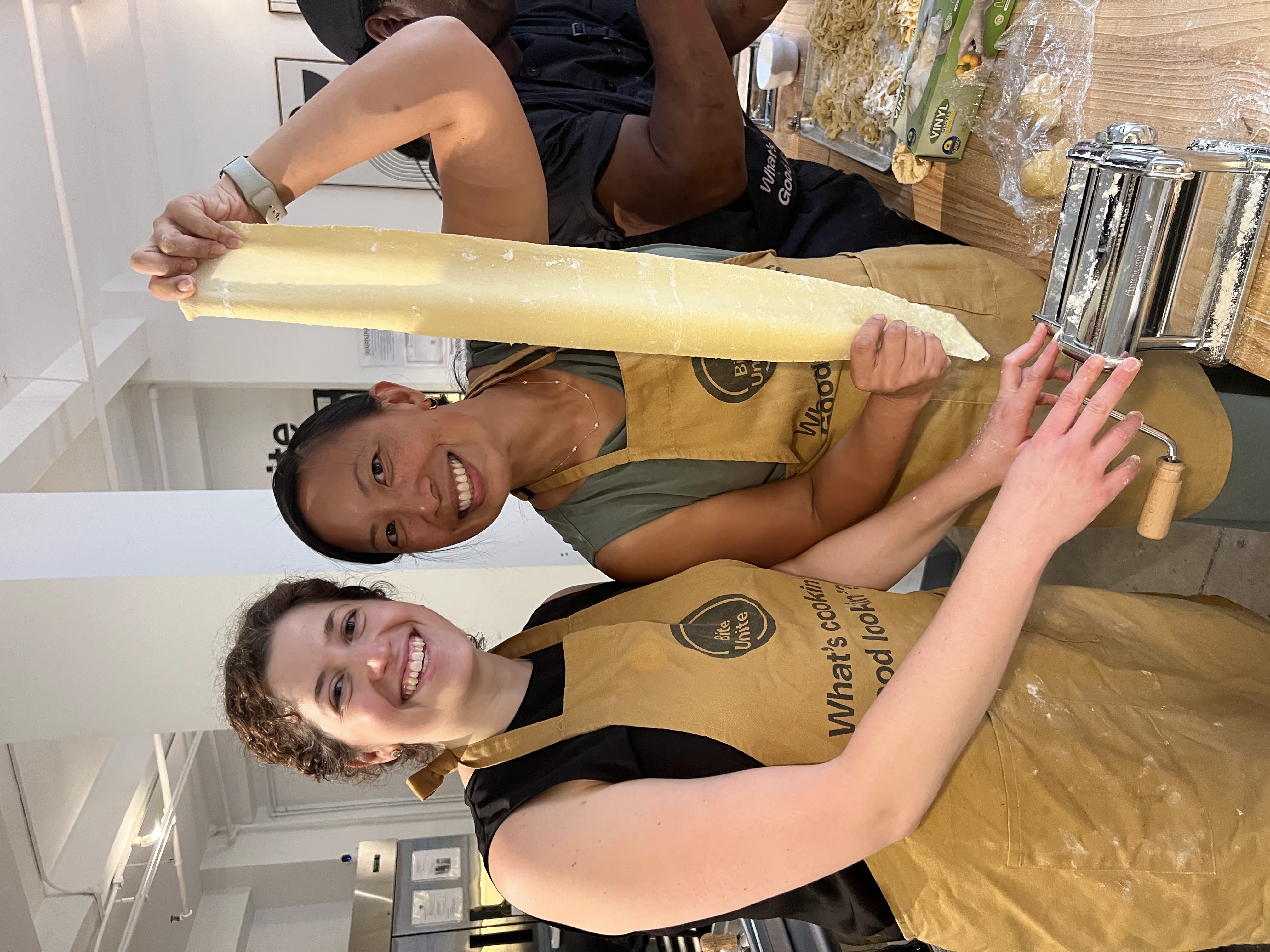
.jpg)
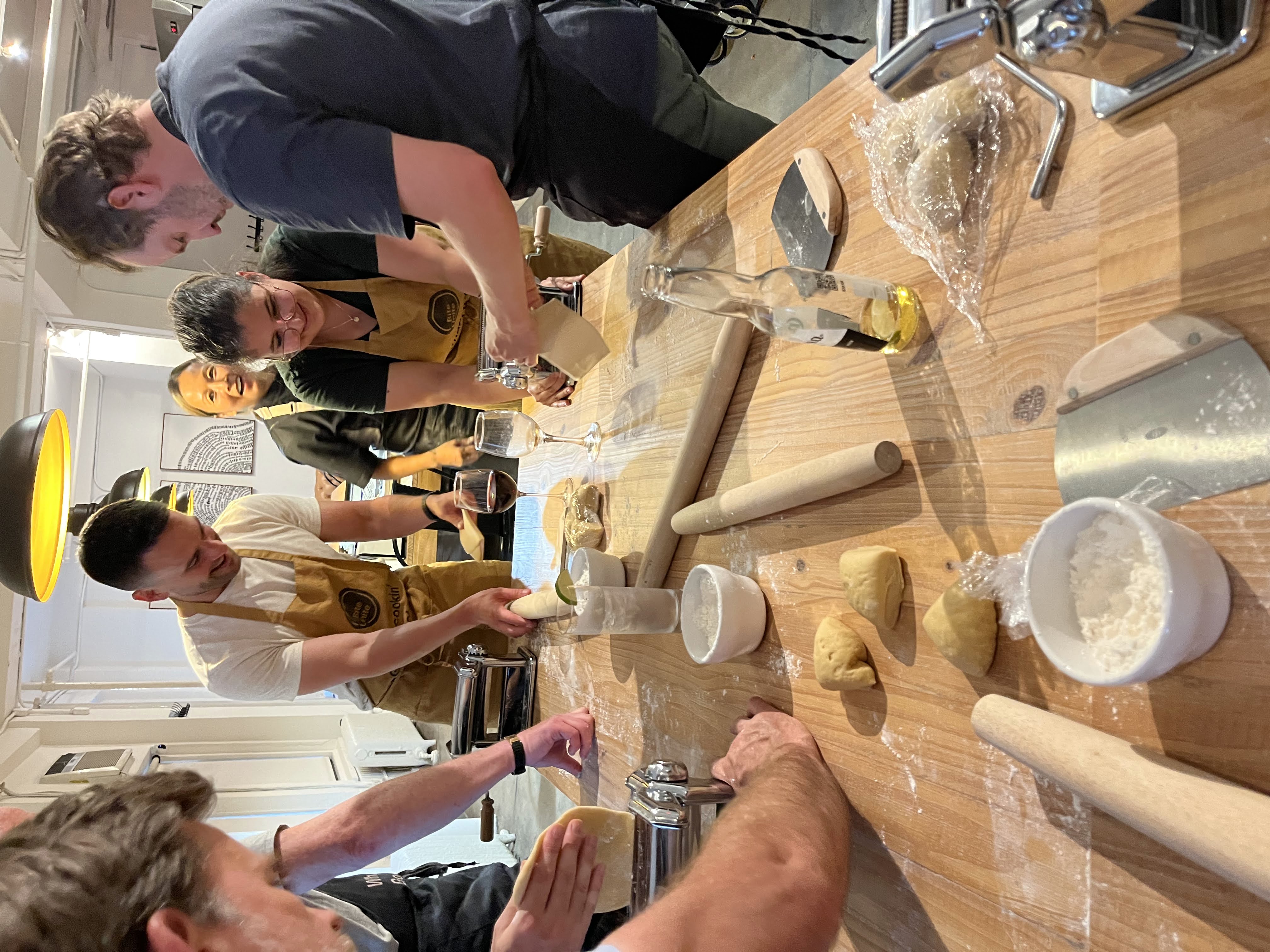
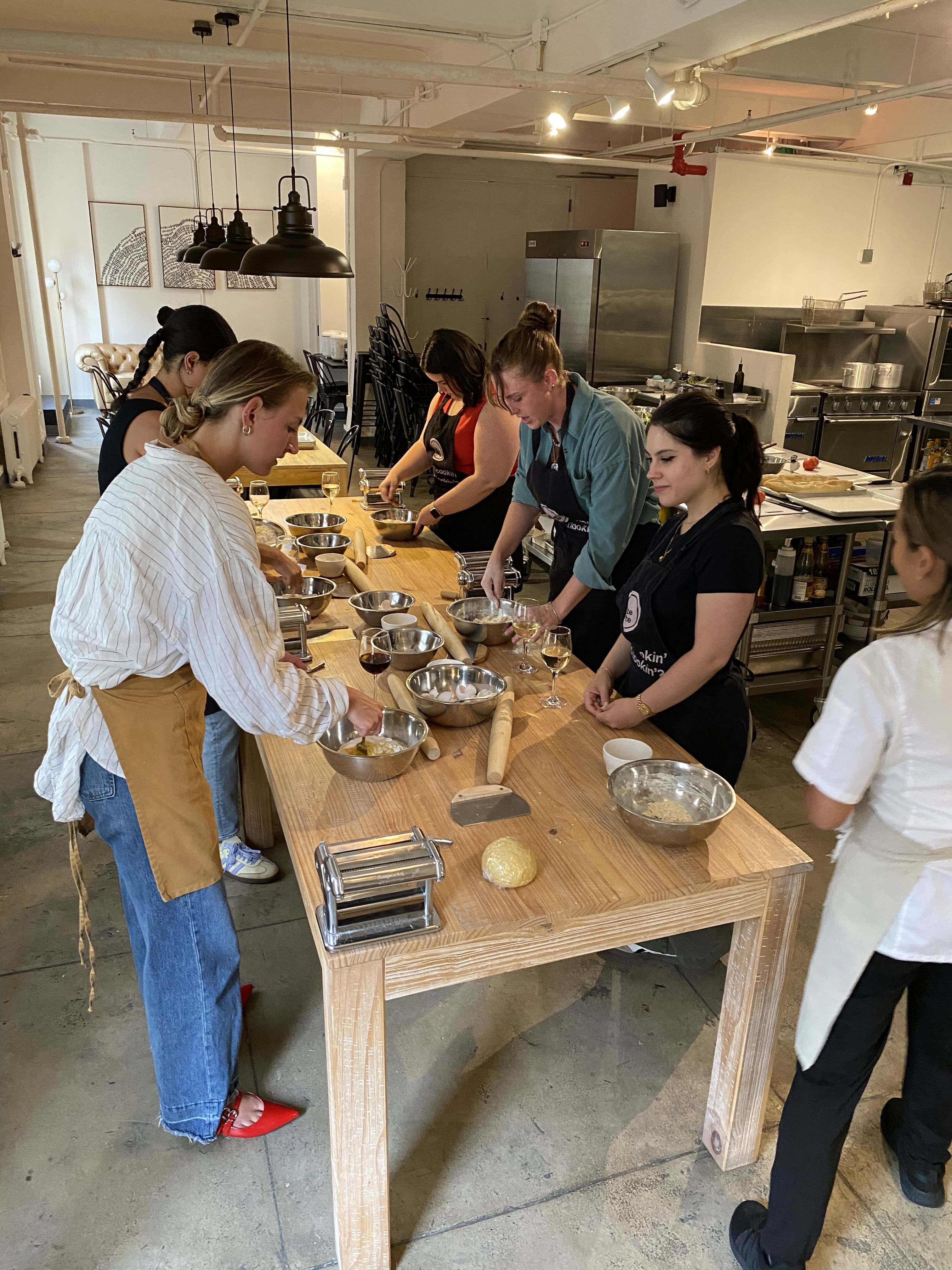
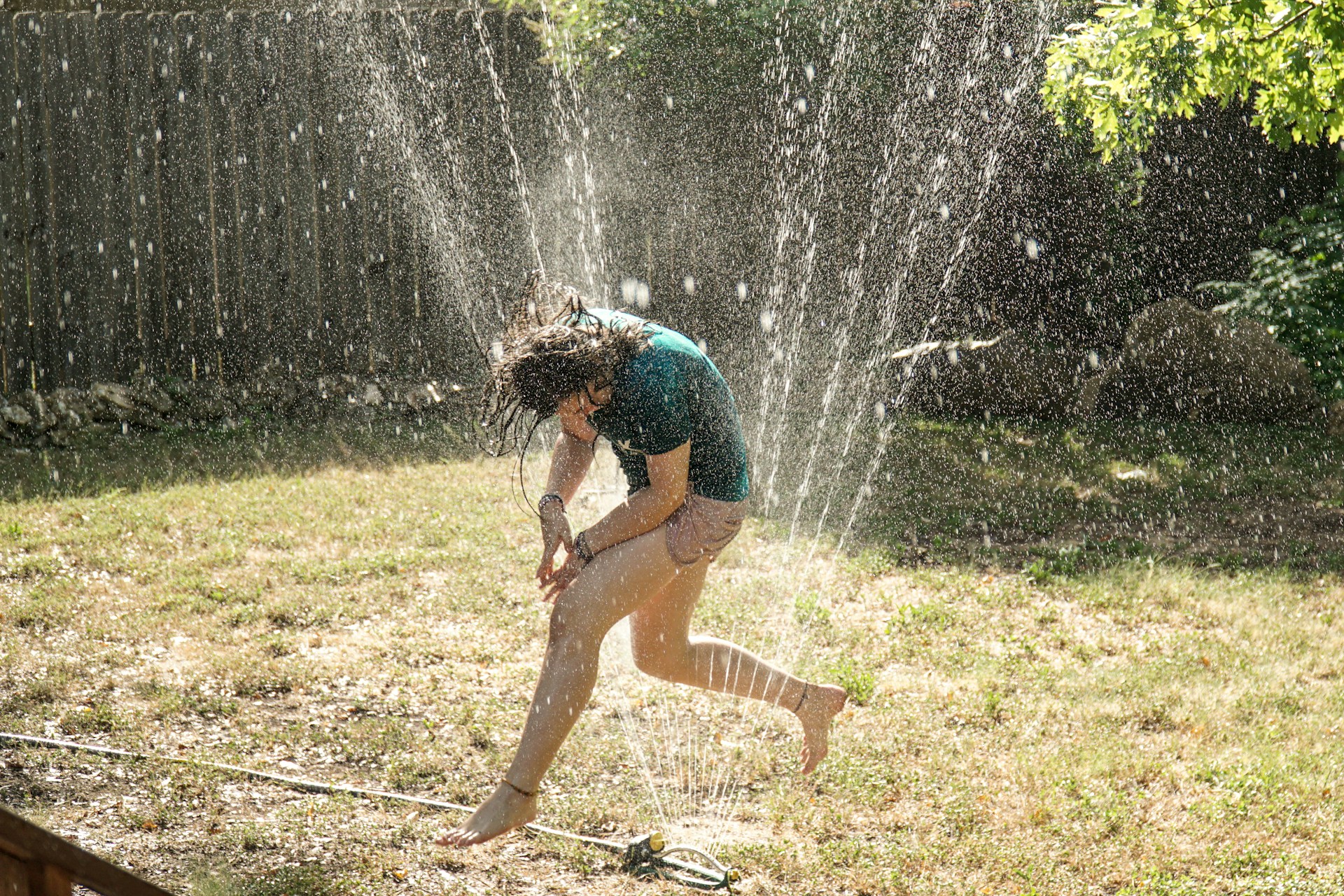


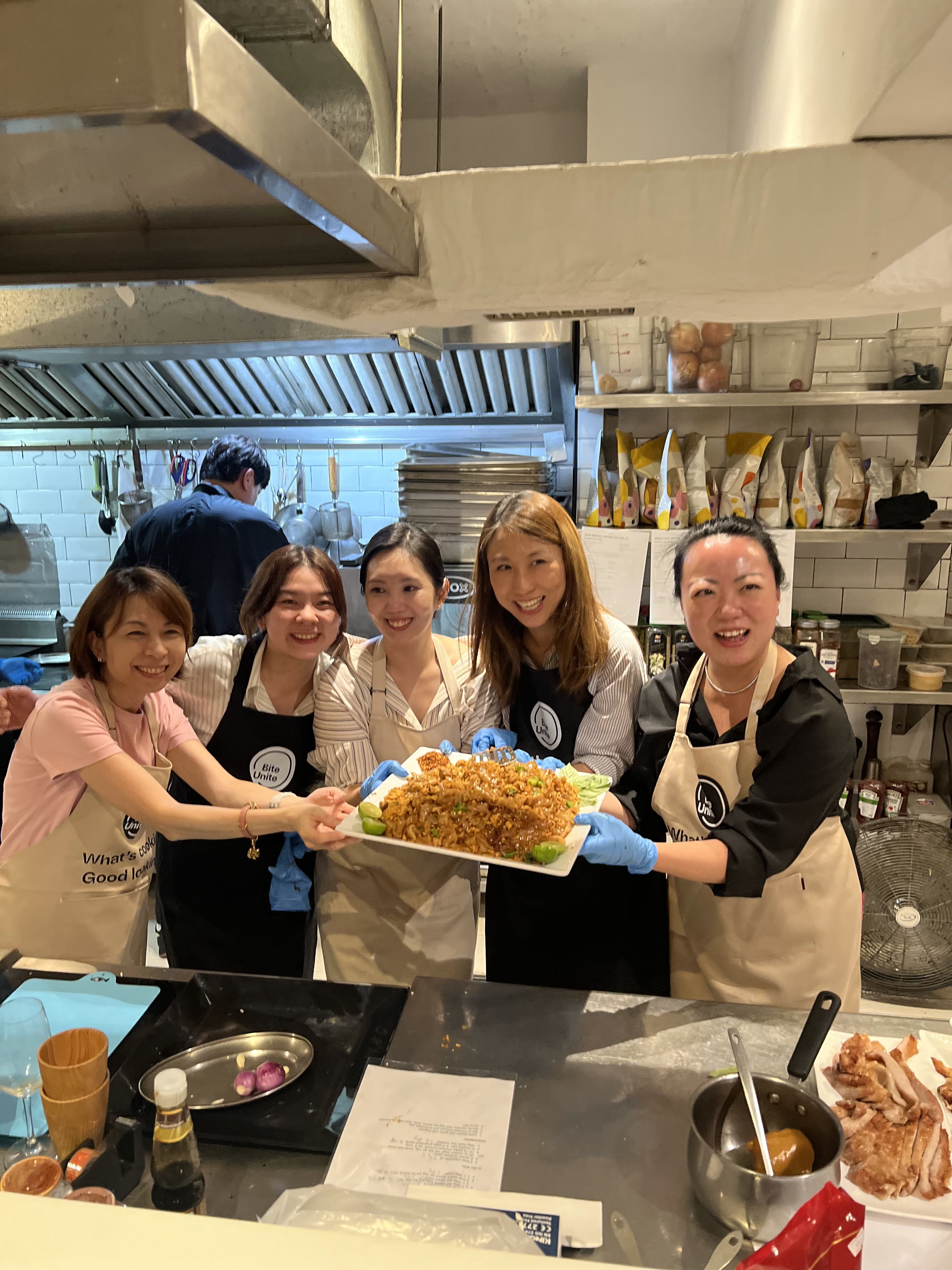
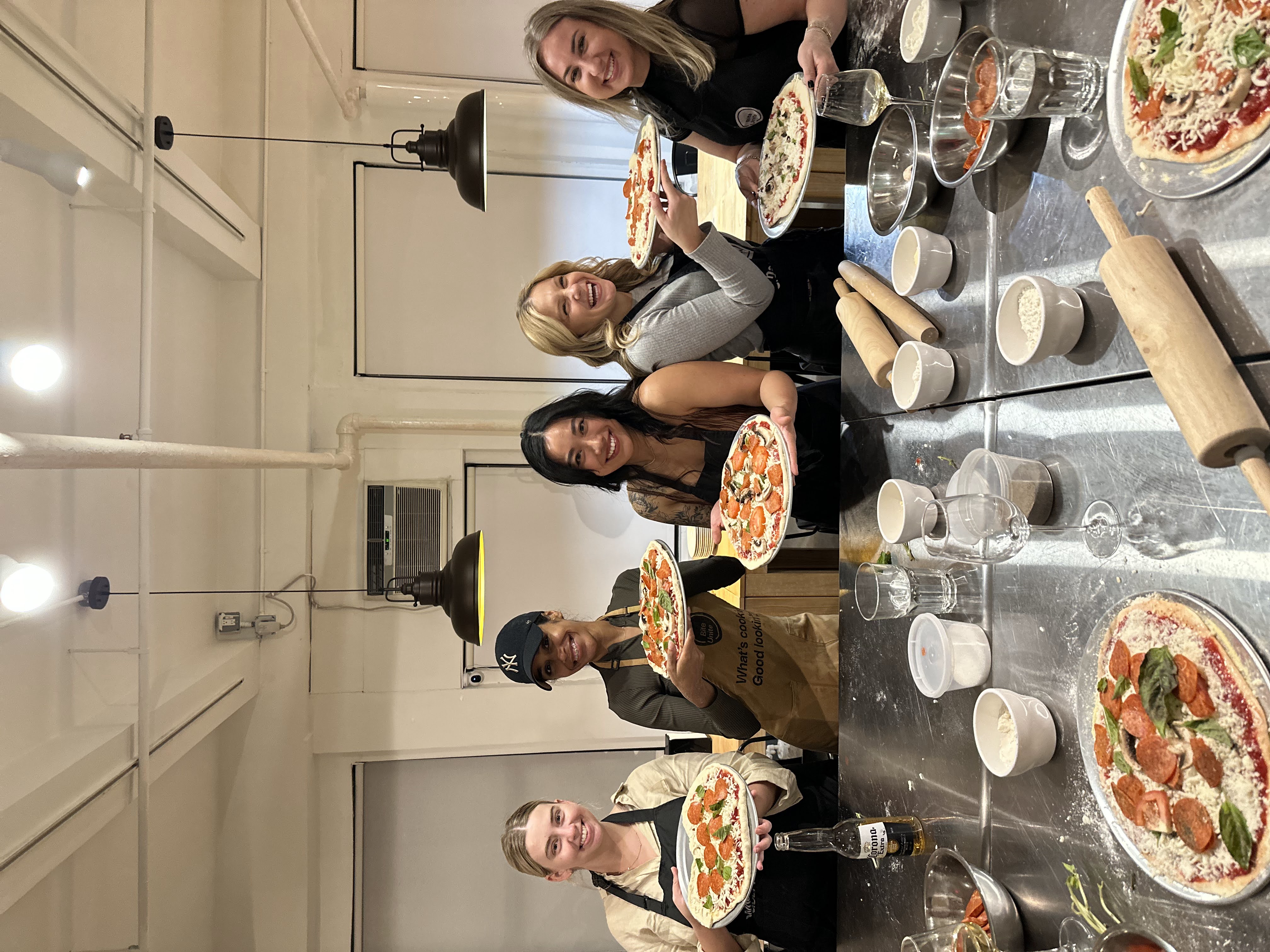

.jpg)


.JPG)
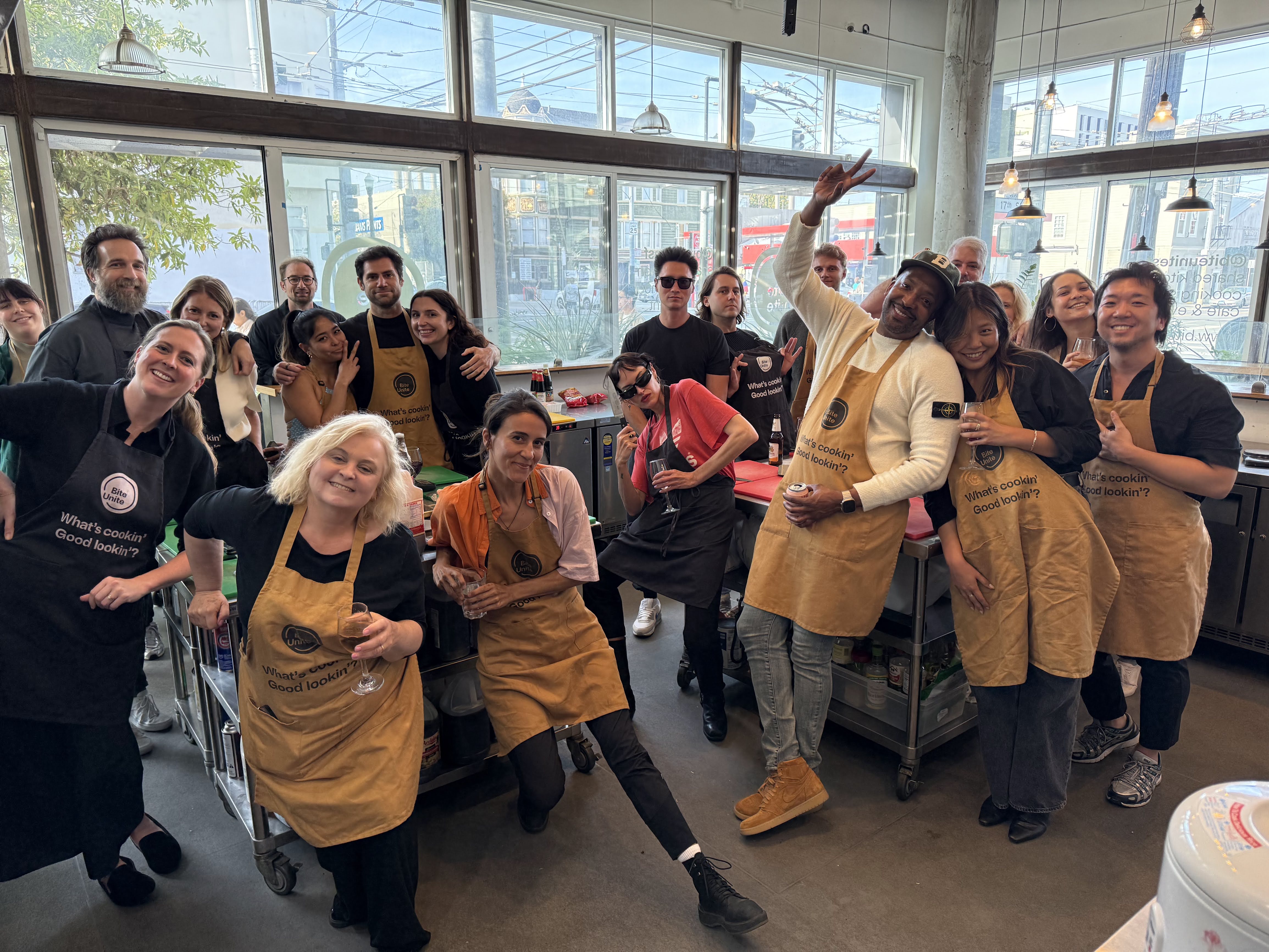
.jpg)















.webp)























